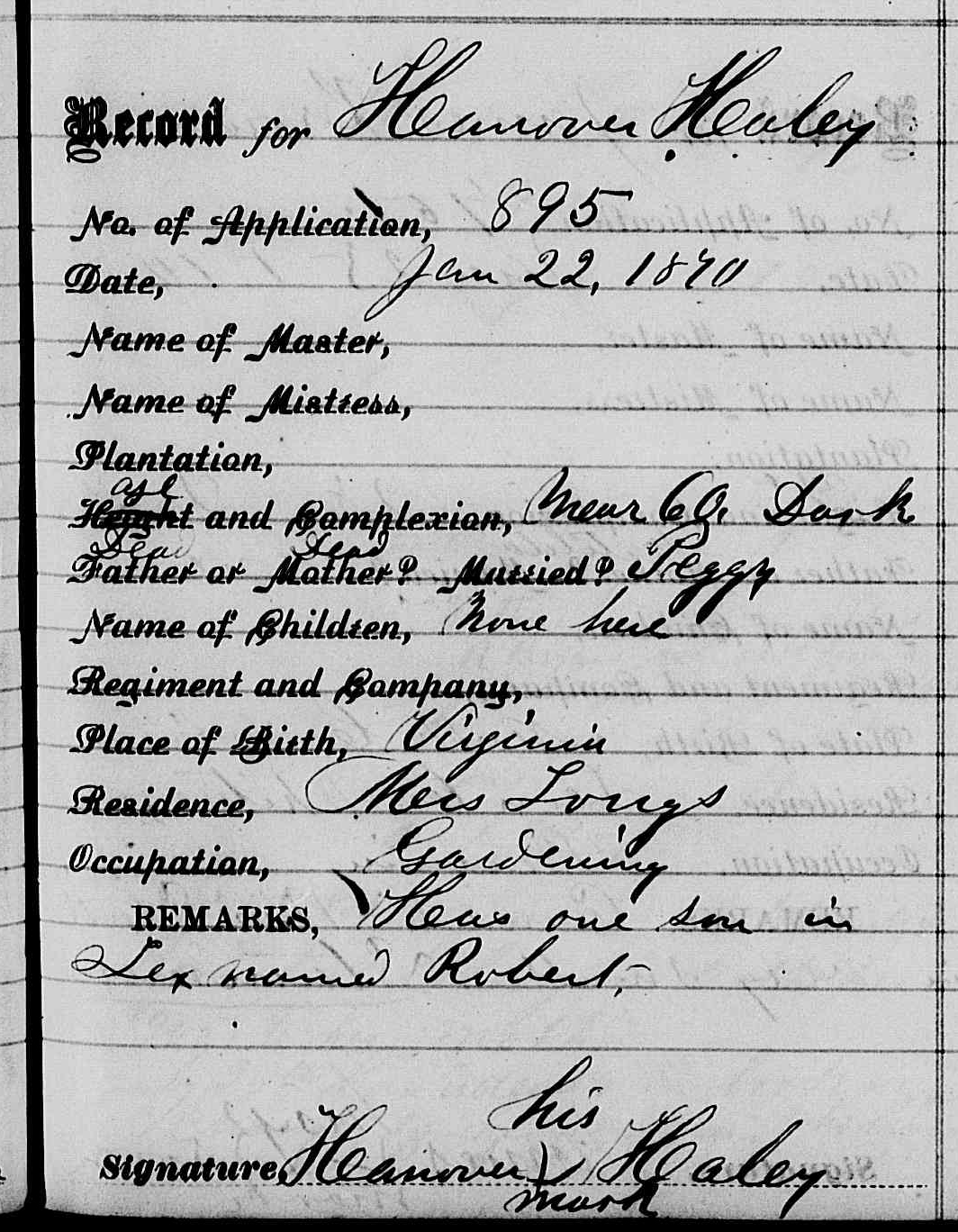Role of Black Women at The Grove
 Material culture found at The Grove includes artifacts related to the enslavement of Black people on the site. Examples specifically related to the experiences of women include ceramics that span the late seventeenth- to the nineteenth century, both from the time of slavery and after emancipation.
Material culture found at The Grove includes artifacts related to the enslavement of Black people on the site. Examples specifically related to the experiences of women include ceramics that span the late seventeenth- to the nineteenth century, both from the time of slavery and after emancipation.
Archaeologists use ceramics found at residential plantation sites like The Grove as diagnostic tools for when other written information about the lives of enslaved people might be lacking. Ceramics found at The Grove include examples of kitchenware, serviceware, tableware, and other domestic items. All of these artifacts evoke the labor of Black women in preparing and serving food for the families who owned the Call-Collins House. Deed and census records suggest that one of these women was named Peggy Haley, who, along with other members of her family, lived at The Grove from ca. 1850 to the 1870s. Later, Bertha Barnes worked as a cook at The Grove during Reinette Long Hunt’s operation of The Grove as a hotel in the 1920s to 1940s. Artifacts related to food preparation found in the cistern may have been used by women like Peggy Haley and Bertha Barnes, as well as by numerous others whose names are not yet known.
Beyond the artifacts found on the site that speak to Black women’s role in preparing and serving food, preserved spaces within the house also provide glimpses into their experiences, including the large fireplace in the southeast basement room. Fragments of metal set into mortar joints within the fireplace are all that remain of pot-turners likely used as far back as the nineteenth century. Situated on the basement level, these spaces were occupied primarily by enslaved women in the early days of the home, and then by Black women employed by later residents. Within these spaces, Black cooks prepared meals using local ingredients that became staples of southern cuisine. They passed on their skills and knowledge to future generations and deserve credit for creating the core foodways most closely associated with the American South today.
You can learn a little more about the Haley Family in this short video.
Image: Freedman’s Bureau record listing Peggy Haley and her husband Hanover

